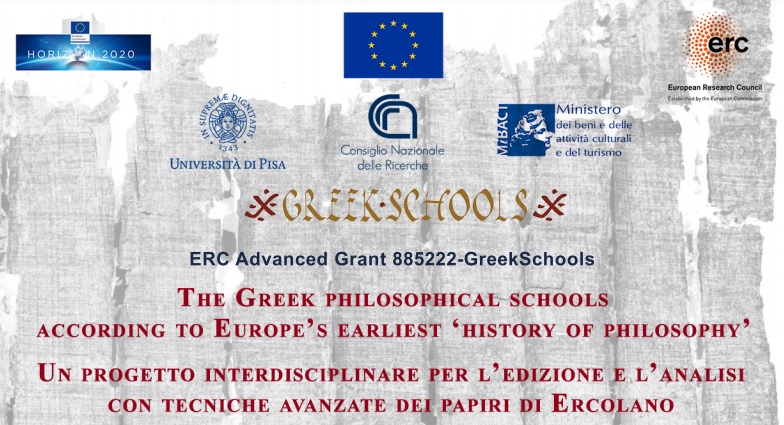|
Digital meets Culture https://www.digitalmeetsculture.net/article/ai-helps-with-deciphering-the-herculaneum-papyri/ Export date: Sun Feb 22 17:28:26 2026 / +0000 GMT |
AI helps with deciphering the Herculaneum papyri The important papyri retrieved in Herculaneaum and preserved at the National Library in Naples contain basically all our knowledge about Greek philosophical schools. Diogenes Laërtius' Lives of Eminent Philosophers (3rd century AD) and Philodemus of Gadara's Syntaxis (75-50 BC) in facts represents the earliest ‘history of philosophy' to have reached us directly from antiquity. From this work that is exclusively preserved by the Herculaneum papyri we may derive a virtually systematic account of the history of Greek philosophical schools, but unfortunately the original manuscripts which transmit it are in a really poor state, very hard to decipher. By relying on the most advanced technologies available today, the recently launched project "Greek Schools", coordinated by the University of Pisa, aims to provide a new innovative critical edition of the whole treatise and its different sections, with extensive introductions and commentaries. By using AI and advanced X-ray and lighting techniques, the technology will help researchers identify written texts, colours, inks and other information that would be invisible to the human eye. In particular the project will deliver:
The launch meeting was held online on 18th January 2021 (Italian language). Project website: https://greekschools.eu/ |